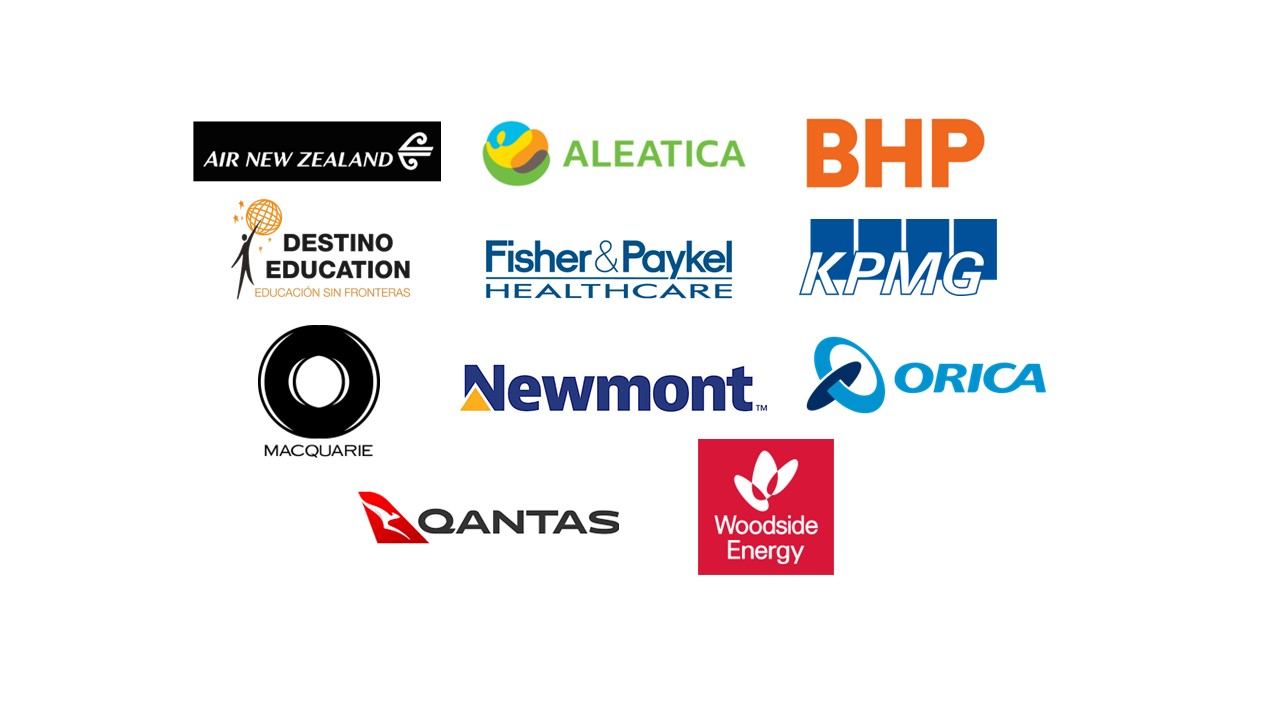The ANZMEX Energy Debate Series ©
“Mexican Energy vs. American Energy – Who Wins and Why?”
Today’s debate comes as we approach a defining period in the history of energy in Mexico, and its connectivity to energy across North America. In terms of energy trade, Mexico is second only to Canada with the USA.
Energy trade between Mexico and the USA has historically been driven by Mexico’s sales of crude oil to the USA, and USA exporting refined products to Mexico. However energy trade has changed significantly in recent years. In 2016, the value of USA energy exports to Mexico (US$ 20Bn) was more than double the value of USA energy imports from Mexico (US$ 9Bn), according to the IEA. Mexican crude oil sold into the USA has declined whilst imports of natural gas and gasoline into Mexico have risen rapidly. Mexico’s energy security is now heavily dependent on fuels from the USA.What domestic energy policies, and foreign policies, will Governments adopt as the energy trade changes? What will be the impact for the rest of the hemisphere?
Natural gas trade is dominated by pipelines between the USA and Mexico. Gas exports to Mexico totaled nearly 2.9 bcf/d in 2015 (almost 60% of all USA natural gas exports), but daily flows during early 2017 have already risen to over 4.2 bcf/d. By 2018, natural gas pipelines currently under construction or planned are expected to nearly double the pipeline natural gas export capacity from the USA to Mexico. For petroleum products (gasoline, diesel etc.), in 2015 Mexico imported 690,000 bpd, by 2016 this averaged 849,000 bpd.
So who wins & why? With the changes in energy trade, which companies will be successful? Who are the winners in the short term? And the long term? Following the sweeping energy reform and new legislation in Mexico there are now bids for major contracts in both the upstream exploration & production sector, pipeline transportation, and power generation; new domestic markets are opening in fuels; new sources of finance are being sought, for example in refining, and the legal framework is changing. Are subsidies of certain forms of energy still viable? How will investors become winners and why?
Moderator:
Chris Sladen – BP
Panelists:
Aldo Flores – SENER
Alfonso Martín-Fernández – Bank of America Merrill Lynch
Jaime Martínez – ERM
Robert Jones – Transcanada
Nicolas Borda – Haynes and Boone
Hugo Espinosa – Baker Hughes
Event Information
Date: March 23, 2017*
Hour: 18:30 – 20:00
Venue: Club de Industriales,
Address: Andres Bello 29 Polanco. Miguel Hidalgo, 11550, Ciudad de Mexico.
Cost: $450 MXN members, $550 MXN non-members
Payment MethodsPaypal:
| Energy Debate March 2017 |
| Members $450.00 MXN Non Members $550.00 MXN |
Transfer or deposit:
ANZMEX ORG, A.C.
Bank: HSBC Mexico
Account: 4050167220
Clabe: 021180040501672207RSVP: Jael Durán
* All cancellations made less than 48 hours prior to the event will be charged.
What is the debate format? Each debate contains recognised experts, some covering one position, some covering the other, and a moderator. The debate is held in English. Each of the debaters makes an opening statement of no more than 5 minutes each. The debate then continues with questions from the audience and answers from the debaters. No question is longer than 20 seconds, no answer should be longer than 60 seconds. Chatham House rules apply. The debate will last 1 hour after which the moderator will organize a series of votes by a show of hands. Refreshments are available before, during & after the debate!
Corporate sponsor for this debate is:

Institutional supporters of the debate series:




| Media supporters: |

Copyright © 2017 ANZMEX Business Council, All rights reserved.
You are receiving this email because you have subscribed or requested to receive information from the Australia, New Zealand and Mexico Business Council.
Our mailing address is:
ANZMEX Business CouncilRio de la Plata #30, Col. Cuauhtemoc Mexico City, Mex 06500 Mexico






